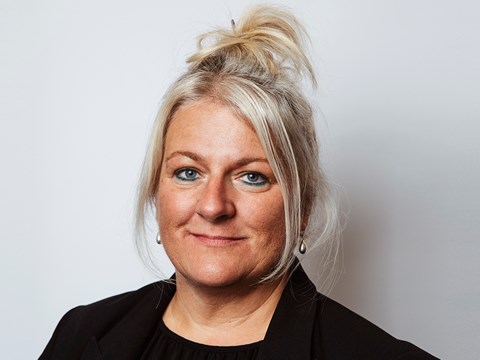Poor briefing: a bad habit to break
19 Jan 2024
We’ve all got bad habits and good habits, it’s what makes us loveable humans. But when it comes to briefing, bad habits have a tangible cost - rework, over-servicing, and missed opportunities, to name a few. And yet the importance of a great brief is something we’re all so aware of, with our creative and media leads flagging it over and over…
This is why AAR’s approach is different; when we run an AAR Upskill: Better Briefing programme, we don't just talk theory. We actually work with you after the training session on your next live brief to make sure you’re practising those all-important good habits and breaking those bad ones.
Let's have a quick look at six of the most common bad habits. And, honesty box time now, if you’re a client, which ones are you or your team guilty of? Or, if you’re an agency or in-house lead, which ones do you see most regularly?
1. The TBC brief
“This brief should manifest world togetherness.” And how will that be measured, and how does that ladder up to your business and marketing strategy? Oh ‘TBC’. Right.
Each brief has a specific purpose, and needs clarity to show how the business task connects to your customers and their needs. It needs to give your creative and media leads the right balance of ‘inform, instruct and inspire’. And enable all to objectively judge the work and then evaluate the results versus the brief. Not possible with ‘TBC target audience’, ‘TBC Objectives’, ‘TBC OKR’s’ and ‘TBC budget’.
2. The peace treaty task list brief
Internal alignment is so important when creating a brief for new work or challenging issues. And from my own client experience, I know that can be a tricky ask. But creating a brief crammed full of contrasting ideas like a feedback log is definitely not the solution to multiple voices. How can anyone do their best work if they aren’t presented with a clear, unified brief that focuses on the problem to be solved?
3. The war and peace brief
Your briefs need to be the right length. They need to inform, instruct, and inspire. The goal here is effectively communicating what your in-house teams or agencies need to do their best work, not throwing the kitchen sink at them. There are few things more frustrating and prohibiting than having to wade through pages and pages to get to the heart of what you’re being asked to do.
4. The one line task brief
Just as problematic are briefs that are too…well, too brief. While every word needs to be meaningful, and every element needs to count, there need to be enough of them to give your teams enough ingredients to work with. It’s all about getting the balance right for the specific type of brief you’re working on. Unless a simple ‘adapt’ brief, too little is as much a bad habit as too much.
5. The buzzword bingo brief
We all hate buzzwords, and we all joke about it, but how many of us still find ourselves using them? A brief is not the place to use buzzwords, jargon or generalities; it just confuses and infuriates people. The important thing here is context and clarity. ‘WOW’ and ‘BRAVE’ don’t mean anything on their own, nor does ‘uniquely humanistic yet professional and sophisticated’. Yep, not a clue either.
6. The cut and paste brief
We get it. People are busy and anything that can help with pace, bring it on. Surely it's a good thing to quietly pull out a previous brief and do a quick cut and paste of the standard sections? Sounds tempting doesn't it?
But how do the previous brief’s facts relate to this brief and, if using a brief from last year, are you really suggesting that nothing’s changed in the last 12 months? Cost of living, anyone? Wash up and PCA learnings? Operational concerns?
In summary…
Identifying the bad habits (and the list above is only a snapshot) is the relatively easy part. The path to breaking these bad habits is what really counts if we are to stop them costing. And that's what we judge success on. We see change and good habits as the endgame. That’s always at the heart of our AAR Upskill: Better Briefing programme.
Whatever the types of briefs you work with, and whether you’re a small or a large team, come and have a chat. We’ll help you break those bad habits, and upskill some great ones too.
About The Author





